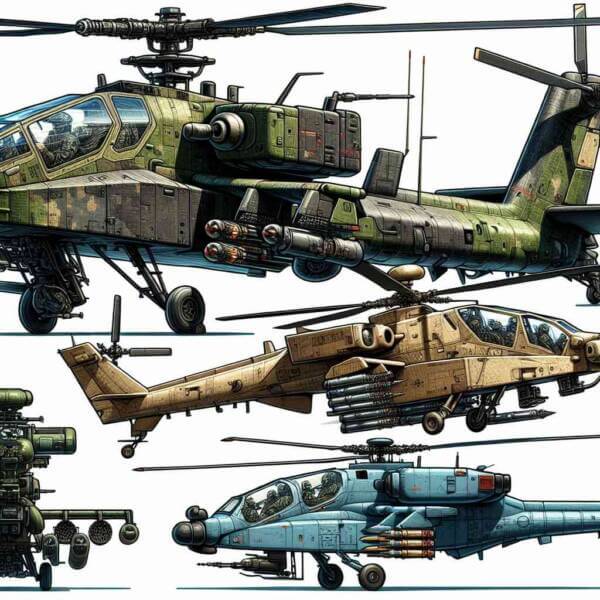Modern Military Aviation Explained
Modern Military Aviation Explained
Blog Article

Military aviation is an essential part of modern defense strategies around the world.
Nations invest heavily in military aviation to enhance defense capabilities.
The Evolution of Military Aviation
Military aviation started during the dawn of aerial warfare, with aircraft initially used for spying on enemy movements.
Important events in the evolution of military aviation:
- The introduction of fighter planes and bombers
- World War II advancements
- The Cold War era
- Remote operations changing the face of conflict
Each era brought innovative strategies that expanded aerial warfare.
Different Roles of Military Planes
Understanding the types of military aircraft helps in appreciating the complexity of modern air forces.
Types of planes used in military aviation:
- Aircraft designed for air-to-air combat
- Bombers
- Transport aircraft
- Eyes in the sky for modern armies
Each type plays a critical function in military operations, from striking enemy targets.
Importance of Air Superiority
Air superiority is vital for achieving military success.
Benefits of air superiority include:
- Protecting ground forces
- Cutting off enemy resources
- Gathering critical intelligence
- Psychological impact on enemy forces
Nations with strong military aviation capabilities can defend their interests more effectively.
Advancements Shaping the Future
Constant research and development redefine capabilities for future warfare.
Recent innovations include:
- Low-visibility planes
- Hypersonic weapons
- Artificial intelligence-driven missions
- Laser and electromagnetic systems
These advancements expand mission possibilities for air forces worldwide.
Obstacles Facing the Industry
From high costs to geopolitical tensions, the road to air dominance is filled with hurdles.
Pressing issues in military aviation:
- Expensive research and operations
- Short life cycles for cutting-edge aircraft
- Cybersecurity threats
- Questions about accountability and control
Addressing these challenges is essential for maintaining air power.
Where Military Aviation is Heading
Nations will continue investing in next-generation aircraft to maintain strategic advantages.
Likely developments:
- Autonomous mission planning
- Space as the next battlefield
- Reducing environmental impacts of defense operations
- Enhanced multinational cooperation
The next era of military aviation will revolutionize how wars are fought.
The Enduring Power of Military Air Forces
Military aviation remains a decisive factor in global defense.
As technology continues to evolve, the skies will get more info remain a vital domain where military aviation shapes the world order.
The future of military aviation is limitless — and it’s only just beginning. Report this page